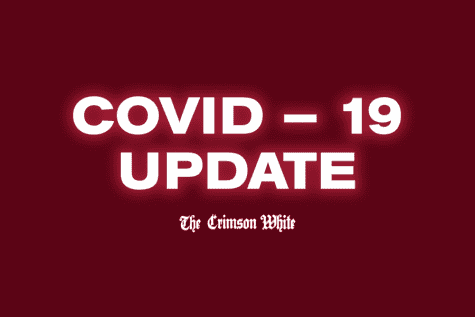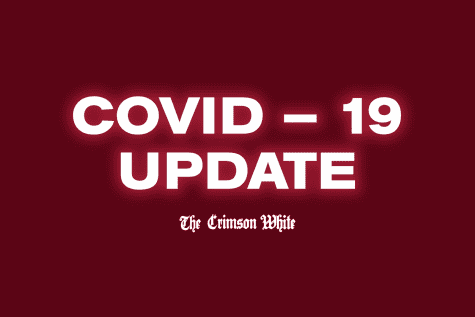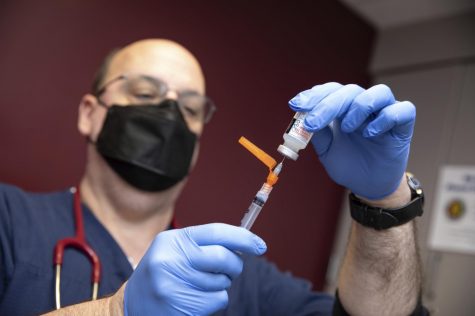COVID-19 Update: Ahead of spring break, University advises against domestic travel
March 9, 2020
UA has taken further steps to prevent the possibility of someone in the university from obtaining COVID-19, the coronavirus that started in Wuhan, China in December of 2019.
According to an official UA email, as of March 9, the system of officials have issued “guidance advising against any non-essential domestic travel at this time, particularly to large conferences with attendees from multiple states or locations that have declared a state of emergency due to the virus.”
The email continued with an advisory against domestic travel for University sponsored events.
“Faculty, staff and students on UA System campuses are encouraged to use good judgment when making travel decisions and work with campus administration to evaluate alternative methods of remote participation such as live-streaming of conference sessions and meetings,” the advisory stated.“Students, faculty and staff who have concerns about being exposed to the virus while traveling should not be required to travel. Likewise, any student, faculty or staff member who elects not to attend a previously scheduled event due to those concerns should not be disciplined.”
This news comes in the wake of other universities across the country that have moved to online classes including Columbia University, Washington and Stanford. The University has also communicated on its website that there are still no cases of COVID-19 in the campus or UA community.
The risk remains low for the UA community, and the message reiterates that the CDC and the Alabama Health Department are monitoring this dynamic and ever-evolving situation.
Furthermore, in a message to the public, Alabama State Health Officer Dr. Scott Harris reassured the public that no cases have been reported in the state of Alabama, but the health community continues to monitor and prepare.
“Alabama has a considerable amount of experience dealing with infectious diseases. These include Ebola, Zika, and H1N1 influenza,” Harris wrote.
With the cooperation of businesses, schools, community members and health workers, Harris is confident that Alabama has a strong plan should COVID-19 enter the state’s community.
Lastly, Harris urged individuals to wash hands, stay home if someone is feeling ill and stay informed.
“Misinformation about any health issue can be dangerous, so please seek reputable sources of information about COVID-19,” he said.









